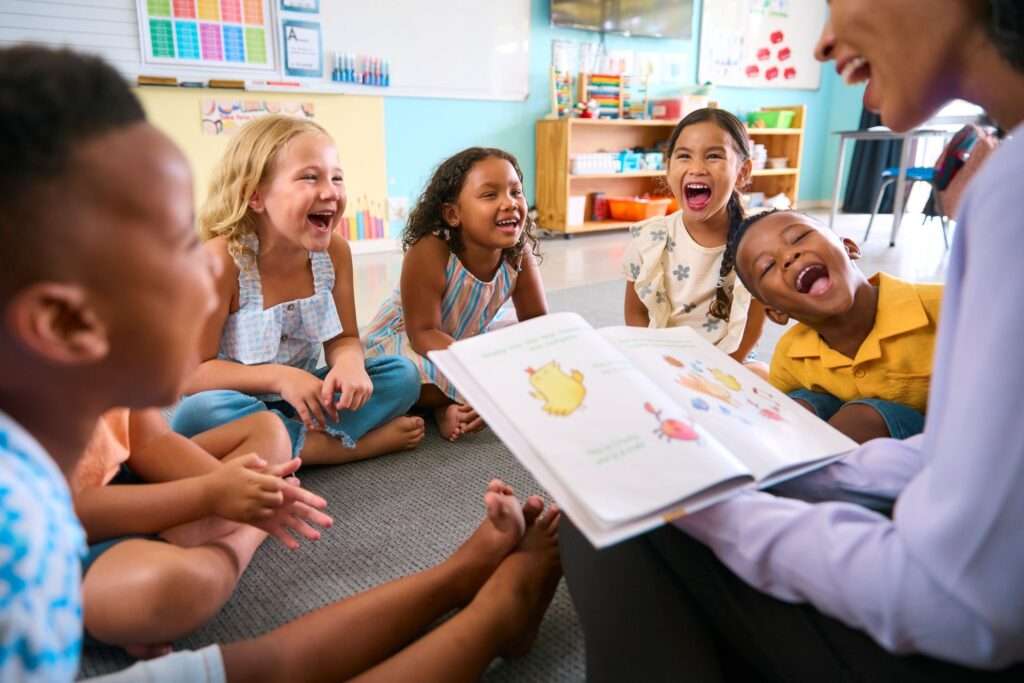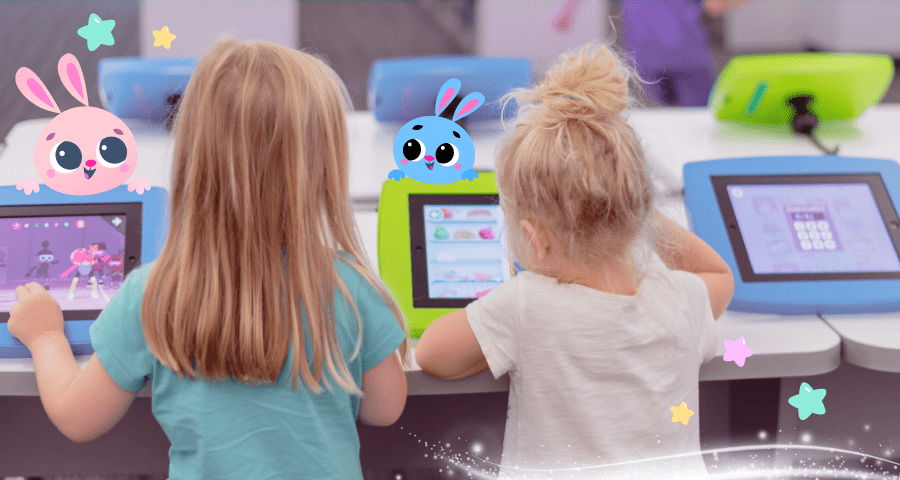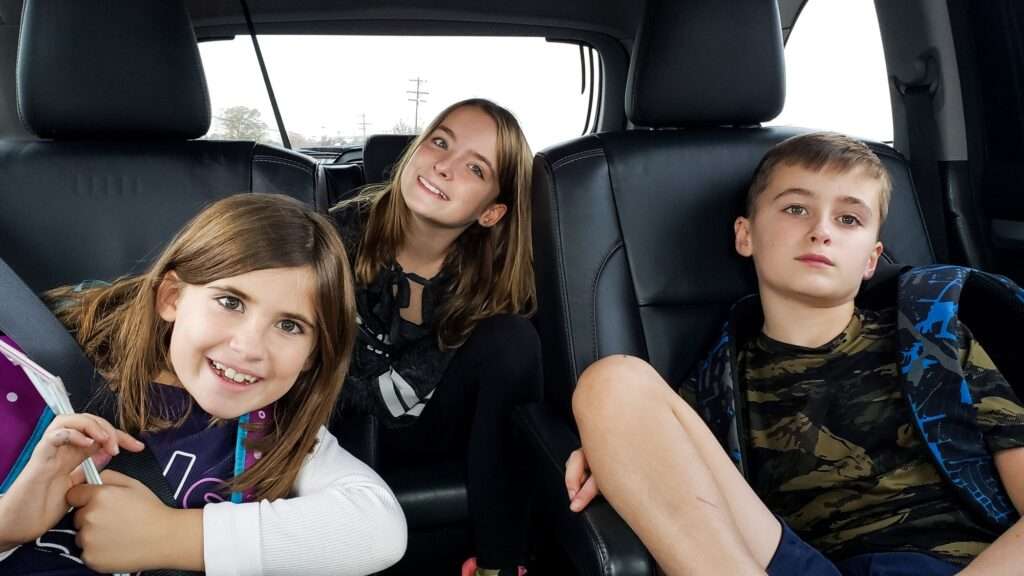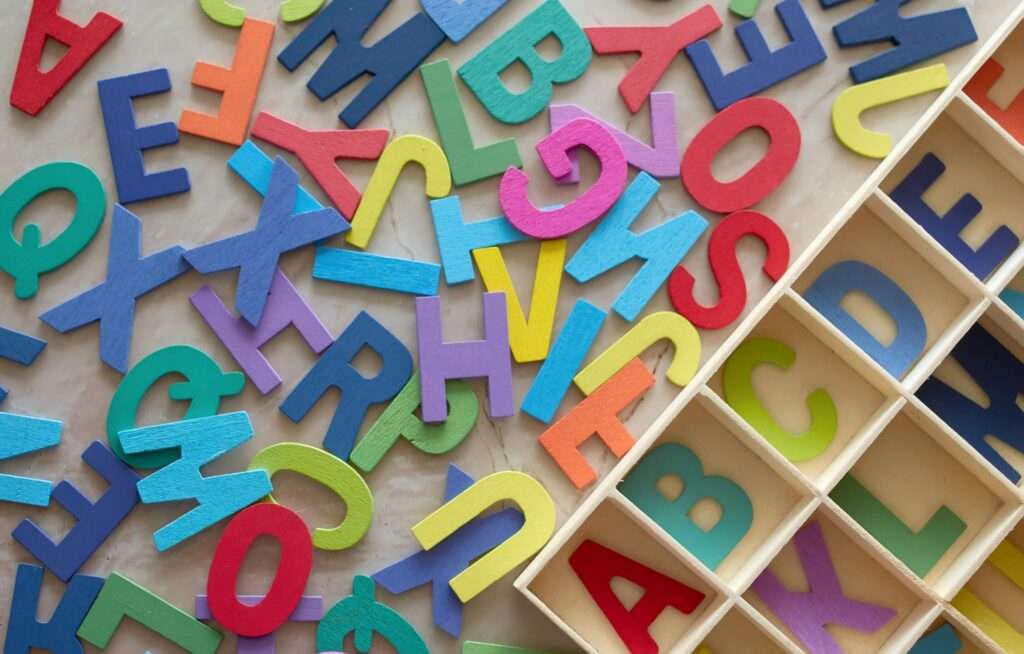Get all preschool subjects in one app!
Get all preschool subjects in one app!

Interactive content with vibrant animations and captivating visual effects.

Fun story-based games with charming characters – kids learning buddies.

Developing skills from simple to complex, based on the child's age.

Parental controls prevent accidental purchases and activities outside the app.

In the world of Bini Games, children have the freedom to be themselves.

Develop skills based on kids' ability.

Parental controls to limit screen time and prevent accidental purchases.

In the world of Bini Games, all kids are welcome!

Interactive content

Fun story-based games with learning buddies.

Develop skills based on kids' ability.

Parental controls to limit screen time and prevent accidental purchases.

In the world of Bini Games, all kids are welcome!

Interactive content

Fun story-based games with learning buddies.

Develop skills based on kids' ability.
Explore the best combination of education, entertainment and creativity
Take a step into a successful future for your child!


Reading is a critical milestone in a kid’s development. Parents often wonder: What age should a child read fluently?
Keep Reading

Is your child reluctant to learn to read? Do attempts to teach the alphabet often lead to frustration and tantrums? You're not alone—many parents of preschoolers face similar challenges.
Keep Reading

How to develop kids’ creativity? The importance of creative skills can hardly be overestimated. No wonder there is so much discussion about kids' creativity and the best way to boost it.
Keep Reading

Mentally preparing for school. Burnout syndrome in schoolchildren. Why does it develop and how to prevent it? Follow the link to learn more in our article.
Keep Reading

Developing social skills is an important part of raising a child. Better social skills means more comfort and less stress in ...
Keep Reading

It’s summer holidays and everyone needs a break. Time for a family vacation! Sounds fun, but we all know that travelling with kids can be stressful.
Keep Reading

The seemingly endless ‘why’ phase is one that parents dread. But there are some tactics you can try to manage all the questions and boost your child’s...
Keep Reading

Parents want their children to learn the alphabet younger and younger, and it is possible. How?
Keep Reading

How to develop kids’ creativity? The importance of creative skills can hardly be overestimated. No wonder there is so much discussion about kids' creativity and the best way to boost it.
Keep Reading

Learning to count is such an important fundamental skill that many parents worry whether their kids will meet the developmental milestones.
Keep Reading

Reading is a critical milestone in a kid’s development. Parents often wonder: What age should a child read fluently?
Keep Reading

Is your child reluctant to learn to read? Do attempts to teach the alphabet often lead to frustration and tantrums? You're not alone—many parents of preschoolers face similar challenges.
Keep Reading

How to develop kids’ creativity? The importance of creative skills can hardly be overestimated. No wonder there is so much discussion about kids' creativity and the best way to boost it.
Keep Reading

Mentally preparing for school. Burnout syndrome in schoolchildren. Why does it develop and how to prevent it? Follow the link to learn more in our article.
Keep Reading

Real feedback from parents who trust Bini to make learning exciting and engaging for their children

Join the Bini community today!
Bini Games Apps transform early education into an exhilarating adventure, making learning fun, effective, and stress-free for both parents and toddlers. Packed with vibrant characters, interactive activities, and expert-designed content, our apps captivate children while boosting essential skills like math, reading, creativity, and problem-solving. With a gaming approach that preserves natural curiosity and joy, we turn screen time into a valuable learning experience!
Parenting toddlers is a delightful but challenging journey, especially when it comes to early education. Finding a balance between education and playtime is often a daunting task, and many parents struggle with keeping their little ones engaged in learning. Traditional methods often fall short — they can be boring, fail to hold a child’s attention, and don’t feel like play. The constant worry about whether the child is learning enough, or in the right way, can be overwhelming.
But what if learning could be as fun and exciting as a favorite game?
Bini Games Apps are interactive, educational tools designed to make learning enjoyable and effective for young children. Our games turn learning into an experience that kids look forward to. Say goodbye to battles over study time, and hello to joyful exploration!
Bini Games’ interactive learning apps aren’t just for your child — they’re a game-changer for you, too! With these apps, you can:
With Bini Games Apps, you don’t have to feel guilty about screen time anymore. Instead, you can feel proud knowing that every moment your child spends in the app supports their growth and development!
Preschoolers thrive when learning is an adventure. Bini Games Apps turn education into an exciting exploration filled with:
Games are how children explore and learn about the world, making them one of the best ways to teach. Educational games for preschoolers open the door to learning and discovery in a fun, easy way.
Our apps are designed to celebrate each child’s individuality. Whether your little one enjoys puzzles, drawing, or singing, there’s something exciting to spark their curiosity and keep them engaged!
Bini Games Apps are designed to support a wide range of early developmental milestones:
Each skill is woven into playful, story-driven scenarios that feel more like an adventure than a lesson. The result? Kids are excited to learn and eager to return for more.
The transition to school can be smoother and more enjoyable when children are already familiar with essential concepts and skills. Bini Games Apps provide:
Have you seen kids who don’t want to learn when they start school? One reason might be that they were pushed to learn when they weren’t ready or interested. Maybe they didn’t understand the material and got bored. To prevent this, try using our preschool learning games for your little one. These games keep learning fun and natural, sparking curiosity and making education a joyful experience.
As a parent, learning games can be a powerful tool to support your child’s development. Here’s how they can help you:
Starting your child’s learning journey early is all about using their natural curiosity. Experts suggest introducing educational games after age 2, once your child begins to understand and make conscious choices. This sets the stage for building essential skills and a lifelong love of learning.
Make learning an exciting adventure with Bini Games Apps! Your child can explore, discover, and grow while having endless fun. From mastering ABCs to solving puzzles and sparking creativity, Bini Games offers a world of interactive, educational entertainment.
Your child’s safety is our top priority. All Bini Games learning apps for toddlers include:
With hundreds of hours of fun games and regular updates, Bini Games covers everything from letters and reading to math, fractions, logic puzzles, and creative thinking. Many of our apps also offer free trials and mini-games, making them easy for everyone to try.
If you’re looking for fun kids’ learning games, you’re in the right place! Teach your child with love and joy, and they will learn with happiness. Download today and watch your toddler’s imagination and skills soar! With Bini Games, the journey to school readiness is filled with joy, laughter, and discovery!
Products
Topics
More